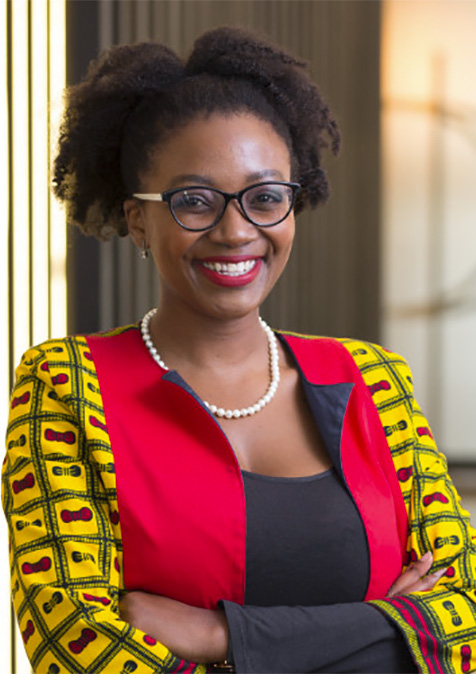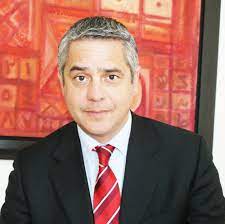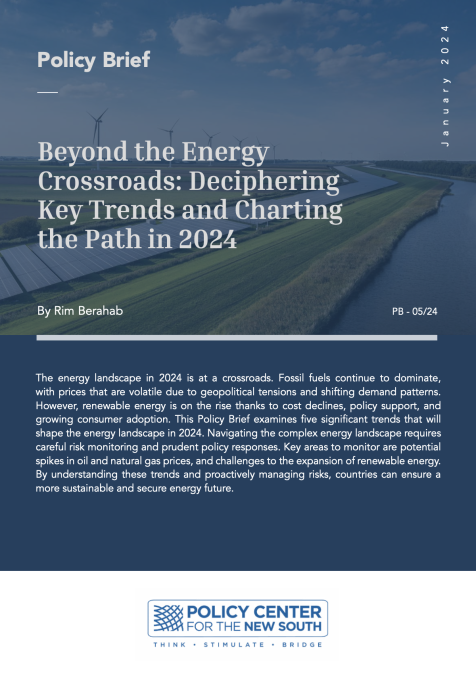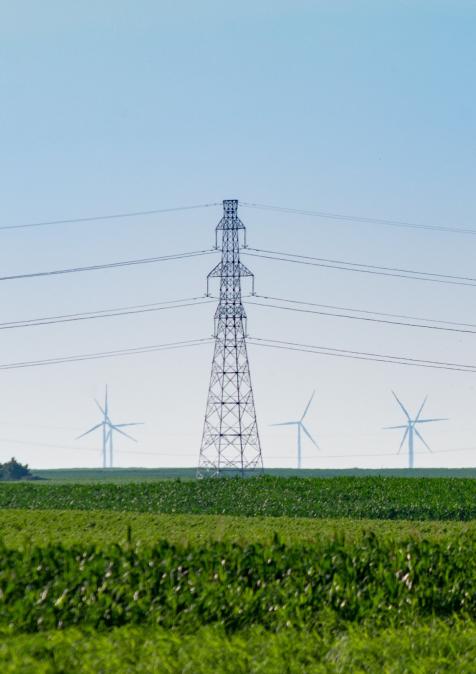Climate change is the defining issue of our time. The last decade was the hottest in human history and has seen an increase in natural disasters. These shocks not only damage the environment on which humans depend, but they weaken political, economic, and social systems as well. Tackling climate change requires unparalleled levels of global cooperation. It will compel countries to question their economic models, invent new industries and recognize the moral responsibility that wealthy nations have to the rest of the world, thus placing a value on nature that “goes far beyond money.” One way to combat climate change and reduce the drain on our planet’s resources is to shift to systems that utilize sustainable energy. Renewable energy minimizes carbon pollution and has a much lower impact on our environment. While it will cost money to shift to renewable energy, it will cost much more in the long run if the world fails to do so: Given the current uncertain global context resulting from the health crisis, are countries committed enough in the battle against climate change? How can countries lower the cost of the transition to low-carbon sources of energy? What are the significant policies needed to foster the use of sustainable energy? To pursue its battle against climate change, the EU has introduced a carbon border adjustment mechanism as part of its “Fit for 55” package. What are the possible implications of such mechanisms? Are carbon taxes an adequate tool to incentivize countries to decarbonize? Moderator: Uduak Amimo, Journalist and Consultant, Uduak Amimo Coaching and Consulting, Kenya Speakers: - Nchimunya Hamukoma, Research Manager, Harambee Youth Employment Accelerator (ADEL) - Sunjoy Joshi, Chairman, Observer Research Foundation, India - Mari Luomi, Research Fellow, KAPSARC - Saïd Mouline, CEO, Moroccan Agency for Energy Efficiency AMEE









